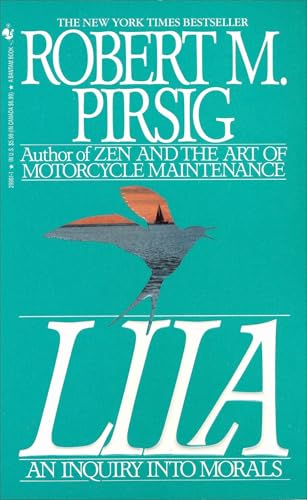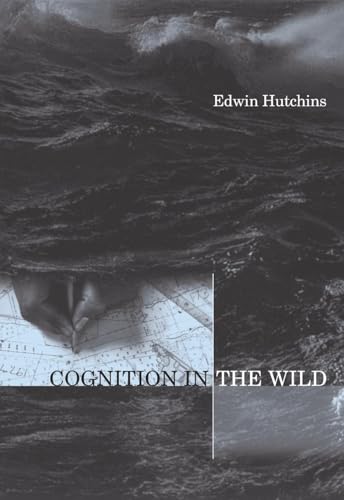Philosophy Science and Religion
Explore the intersection of philosophy, science, and religion with our curated list of thought-provoking books. Discover profound insights and scholarly works bridging these timeless disciplines.

Book
The Varieties of Religious Experience
by William James
"The Varieties of Religious Experience," by William James, is part of the ""Barnes & Noble Classics" "series, which offers quality editions at affordable prices to the student and the general reader, including new scholarship, thoughtful design, and pages of carefully crafted extras. Here are some of the remarkable features of "Barnes & Noble Classics" New introductions commissioned from today's top writers and scholars Biographies of the authors Chronologies of contemporary historical, biographical, and cultural events Footnotes and endnotes Selective discussions of imitations, parodies, poems, books, plays, paintings, operas, statuary, and films inspired by the work Comments by other famous authors Study questions to challenge the reader's viewpoints and expectations Bibliographies for further reading Indices & Glossaries, when appropriate All editions are beautifully designed and are printed to superior specifications; some include illustrations of historical interest. "Barnes & Noble Classics "pulls together a constellation of influences--biographical, historical, and literary--to enrich each reader's understanding of these enduring works. Acclaimed as one of the greatest works of nonfiction published in the twentieth century, William James's "The Varieties of Religious Experience" was revolutionary in its view of religious life as centered not within the Church but solely within "the feelings, acts, and experiences of individual men in their solitude." Using the language of psychology, James tries to explain religious phenomena--such as conversion, repentance, mysticism, and saintliness--as psychic energy that arises from the unconscious mind in times of trouble. To support his theories, James turns to the autobiographical writings of a wide variety of mystics and writers, including Walt Whitman, Martin Luther, Voltaire, Emerson, and Tolstoy. The result is a colorful and wide-ranging collection of recorded experiences that James compares, categorizes, and analyzes. Many of his categories--including the sick soul, the divided self, and healthy-mindedness--have become standard in the study of religions. Exquisitely written, "The Varieties of Religious Experience" has had a profound influence on modern spiritual thought, including the psychology of religion and recovery programs such as Alcoholics Anonymous. Wayne Proudfootis Professor of Religion at Columbia University, specializing in the philosophy of religion. He has published "Religious Experience, "as well as articles on William James, Charles Sanders Peirce, and American Protestant thought.

Book
Zen and the Art of Motorcycle Maintenance
by Robert M. Pirsig
While cycling through the western states, a disillusioned American questions the meaning of existence after confronting the ghost of his former, uninstitutionalized self.


Book
The Tao of Physics
by Fritjof Capra
The book that started the dialogue between science and Eastern religion--with a new Foreword by the author. Line drawings & halftones.

Book
The Structure of Scientific Revolutions
by Thomas S. Kuhn
Thomas S. Kuhn's classic book is now available with a new index.



Book
The Tao of Pooh
by Benjamin Hoff
For Taoists everywhere, the New York Times bestseller from the author of The Te of Piglet. Happy 90th birthday (10/14/16), to one of the world's most beloved icons of literature, Winnie-the-Pooh! The how of Pooh? The Tao of who? The Tao of Pooh!?! In which it is revealed that one of the world's great Taoist masters isn't Chinese--or a venerable philosopher--but is in fact none other than that effortlessly calm, still, reflective bear. A. A. Milne's Winnie-the-Pooh! While Eeyore frets, and Piglet hesitates, and Rabbit calculates, and Owl pontificates, Pooh just is. And that's a clue to the secret wisdom of the Taoists.